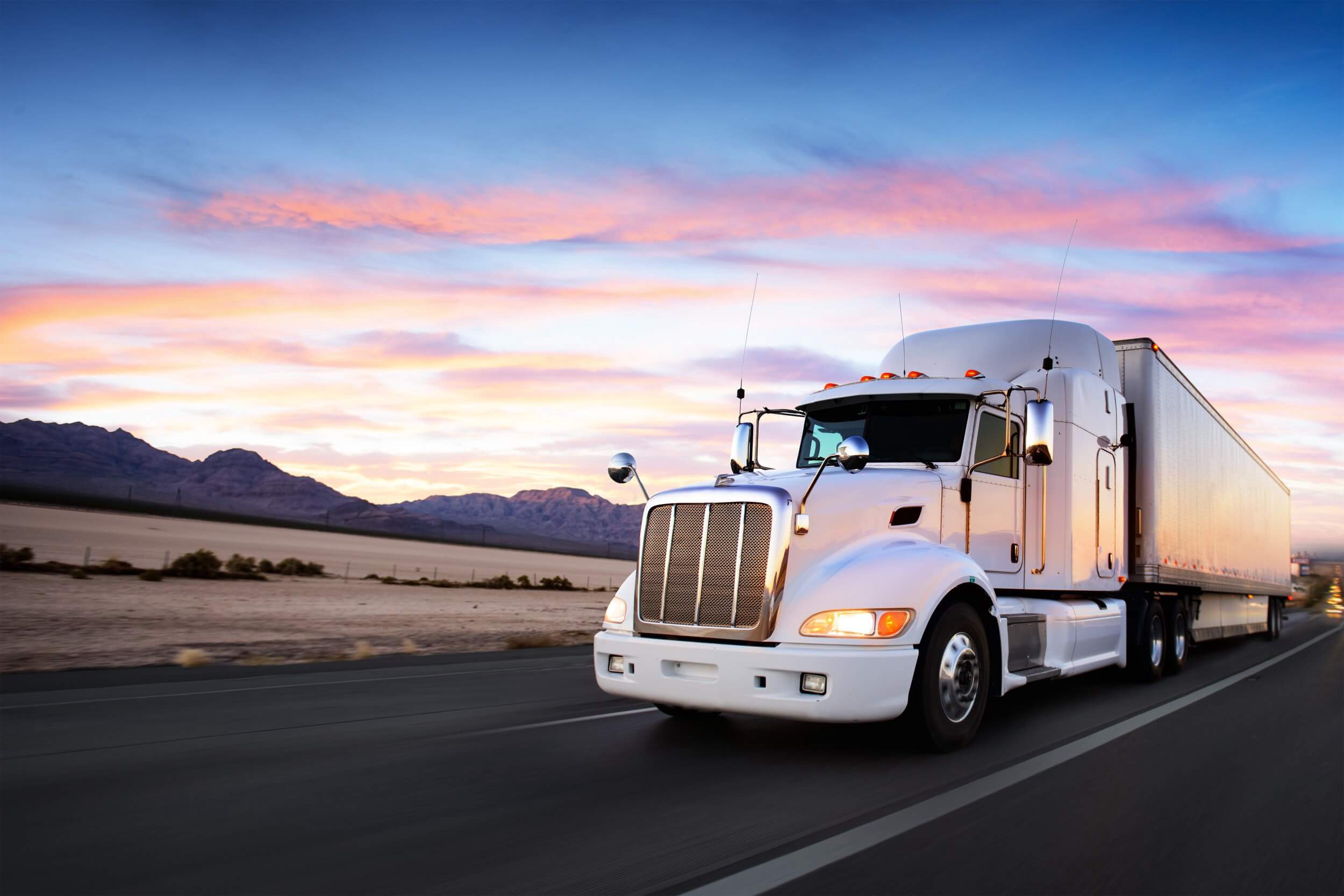The retail industry has evolved in terms of how consumers purchase products. Nowadays, consumers prefer to purchase products through online platforms. The occurrence of a worldwide pandemic further enhanced ordering of various goods online. While the way consumers order products have evolved, one aspect of the retail industry did not change – how the products are delivered.
The demand for trucking and logistics is increasing with the emergence of a lot of startup companies. People may make a lot of money when they start a trucking and logistics business since there will always be a need to move products and goods from the manufacturers to the end customers. However, if you plan to start a trucking business, it is not enough to purchase a truck using a truck finance loan. These are the things to consider when starting a trucking and logistics business.
Are You Qualified? Driving a truck used for transport will require specific types of permits and licenses aside from your regular driver’s license. Likewise, licenses and permits will differ from one state to another. It is best to research the different restrictions, certifications, permits, and licenses you will need to get, especially if you plan to run a trucking business that will cross numerous state lines.
Is Your Business Registered? It is important to get an Australian Business Number or ABN to run a business in Australia. However, it is important to get familiar with the different types of business structures before registering your business. Registering as a sole trader will have different tax benefits and implications than registering as a company. Even if you are running a single truck business, you may get more benefits when you register as a company.
Do You Have a Truck? There are a lot of benefits if you own a truck. You can choose the best truck that is both comfortable and fuel-efficient. A new truck will give you more benefits, but it will all depend on your financial capability. Fortunately, some companies may offer you truck finance loans with attractive payment terms. Likewise, you can opt to lease a truck instead of buying it. Leasing a truck will enable you to get familiar with the trucking business without having to shell out large sums of money on a new truck. You can purchase a new truck at a later time when you have accumulated enough profits.
What Niche Will You Choose? It is best to decide to select a niche for your trucking business. Your niche selection will also affect your choice of truck. Do you want to have a truck that can transport any cargo or are you going to concentrate on a particular niche such as fresh produce and meats? Having a truck that can carry any dry goods may give you versatility. However, dry trucking is already a saturated business with a lot of competition. If you select a particular niche, such as transporting fresh produce and food products, you will need to have a truck with cold storage capabilities.
Are You Insured? Another important aspect to consider is your insurance. You need to have a contingency plan set up for “just-in-case scenarios”. Having the right insurance for your business will give you peace of mind that your business, drivers, cargo, and third-party entities are protected if an accident happens during transport. Most companies that offer you a truck finance loan may also help you get the right insurance for your business.
Starting a trucking and logistics business may be profitable. However, it is important to consider the above aspects before you start your business.










